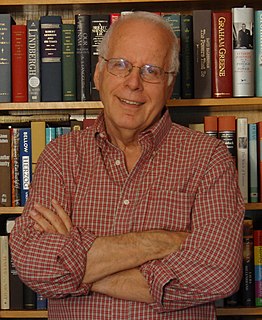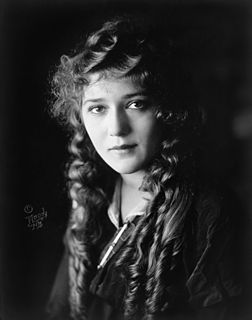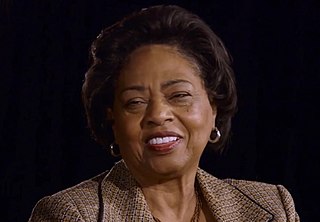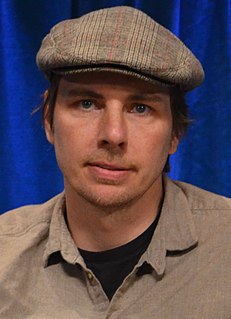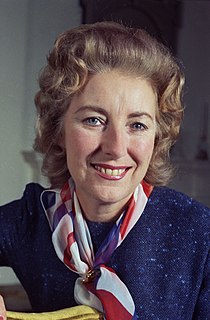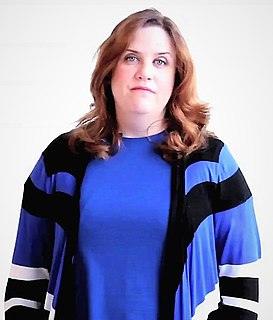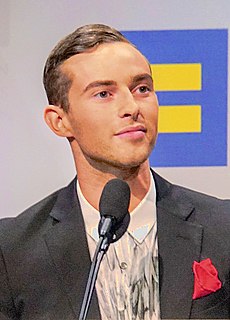A Quote by Robert Hilburn
In 1980, after 10 years at 'The Times,' I was at a crossroads in my personal life. I loved my family, but I was also so obsessive about my work that I found myself devoting more and more time to it. I wanted to be everywhere there was a good story, and that meant I had to choose between that and being with the family on important days.
Related Quotes
I was grateful that Facebook already had generous bereavement policies . Now Facebook employees receive 20 days paid leave to grieve the loss of an immediate family member and 10 days for an extended family member. I'm proud that we're able to do this and I hope more businesses do the same. Only 60 percent of private sector workers get paid time off after the death of a loved one, and then it's usually just a few days. Workers and families deserve better than that.
but it wasn't just about my feelings. The more I got to know you, the more I was certain that you'd do whatever it took to provide for your family. That was important to me. You have to understand that back then, a lot of people our age wanted to change the world. Even though it's a noble idea, I knew I wanted something more traditional. I wanted a family like my parents had, and I wanted to concentrate on my little corner of the world. I wanted someone who wanted to marry a wife and a mother, and someone who would respect my choice.
It was time to expect more of myself. Yet as I thought about happiness, I kept running up against paradoxes. I wanted to change myself but accept myself. I wanted to take myself less seriously -- and also more seriously. I wanted to use my time well, but I also wanted to wander, to play, to read at whim. I wanted to think about myself so I could forget myself. I was always on the edge of agitation; I wanted to let go of envy and anxiety about the future, yet keep my energy and ambition.
It doesn't matter whether you have the happiest upbringing... the young Joe Scot had the most dysfunctional family there could be but it's still a family and it's a really good, strong family. But in spite of that he runs away from home. I relate to all of those things very directly. I hit 40 this year but I still think about being a teenager and hopefully I will for the rest of my life. They are important years.
I love helping other people. When I made a commitment to stay in the South, to work for change, it meant devoting my life to working for and helping others. I feel good when I know that I've saved someone's farm, or helped a family to get a home or access to credit. Or when I can get young people to see that there's more to life than just trying to make the biggest dollar for yourself.
What's great about TV, and what I love about being on 'Parenthood,' is you have this family. I'm now going on four years of working with the same 100 people, and that helps you feel like your life has more roots. It's more conducive to having a family, and you're staying in town. So that part is amazing.
It's a lot to do with the Marvel ecosystem. It's different from the traditional studio system. Because it is, for how absurdly, incredibly successful they are, it is a family. It is a loving family. It is a group of people who only care about making things good. They don't choose directors who don't want to work with them in the way that they work. And the directors that they choose are better for having done it. Every director who comes out of that system are one kind when they come in, another when they come out. And they usually come back for more. They usually make more than one.
Photojournalism is photography with more story telling. A single image can be amazing and dramatic. I started out shooting individual images, but I found I wanted to have more of a voice: to actually say something. I wanted to do something more personal over a long period of time, with more authorship.
Also, with acting and dancing I portray a predetermined character and story for the most part, with music I have the creative freedom to create a song on a whim with whomever I choose and at whatever time I choose to do it. It's more liberating artistically and that's why I've stuck with it. It's a good balance to be able to portray a character and also be myself in avenues that I'm passionate about.
When I found skating, it was something that was individual, and it was something that I could focus on being my best. And I loved the whole practice, and I also loved performing. It was probably the first time I felt really good about myself and that I was good at something, because I always liked being athletic.
